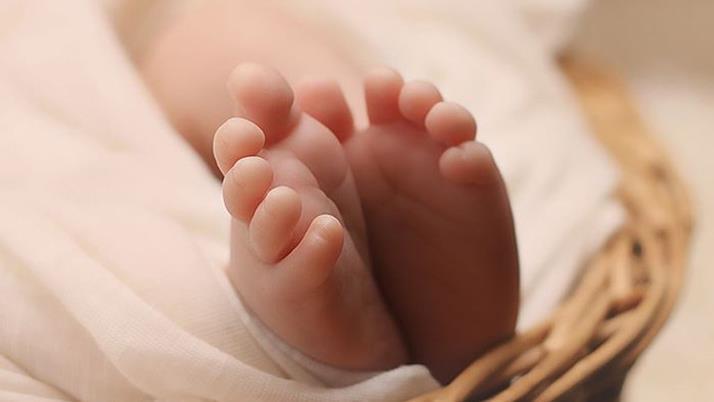Africa-Press – Eritrea. One out of every 800 babies is born with Down syndrome worldwide, and regular pregnancy screenings and follow-ups are of great importance for expectant mothers, according to a Turkish expert.
Ahead of World Down Syndrome Day on Tuesday, Professor Dr. Serdar Ceylaner told Anadolu that Down syndrome is the most common chromosomal disorder that causes developmental delays.
March 21 is observed annually to raise awareness on Down syndrome, a congenital disorder in which a person has an extra chromosome, leading to mental and physical development challenges.
Ceylaner, who is also vice president of the Rare and Undiagnosed Diseases Commission of the European Union of Medical Specialists (UEMS), said the genetic disorder is caused when abnormal cell division results in an extra full or partial copy of chromosome 21.
This could cause heart diseases and thyroid-related disorders, as well as learning difficulties.
“The incidence of Down syndrome is considered to be one in 800 worldwide. In other words, one out of every 800 babies is born with Down syndrome, which is a very common rate,” he added.
According to Ceylaner, to detect Down syndrome, some tests are made from the mother’s blood sample, as well as the screenings performed during pregnancy give highly accurate results.
Noting that family history is not usually observed in Down syndrome, he said: “This disorder usually occurs for the first time in the family, it is seen as a result of a genetic change in the eggs or sperm of the parents-to-be.”
“At this point, it is very important to carry out pregnancy screenings and follow-ups regularly, and to advance the process by consulting gynaecologists and geneticists,” he added. “There is the possibility of detecting Down syndrome during pregnancy.”
Emphasizing that Down syndrome could have a milder course than many developmental delay diseases, Ceylaner said that the rates of termination of pregnancy have decreased as a result of increasing the support given to families with babies with Down syndrome in some countries.
“Families of individuals with special needs are most concerned about ‘what will happen to my child after me’,” he said, adding that for these children, good education programs and special education is very important.
“Children can grow up as very useful individuals in the society with appropriate educational conditions in schools,” he added.
Ceylaner pointed out that mothers who have children with special needs generally give up on their own lives and that the divorce rate in families in this situation increases. He also emphasized the importance of establishing and expanding systems that will support the daily care of their children.
Adding that children with Down syndrome have positive social skills, he said more opportunities to employ them should be created.
For More News And Analysis About Eritrea Follow Africa-Press







